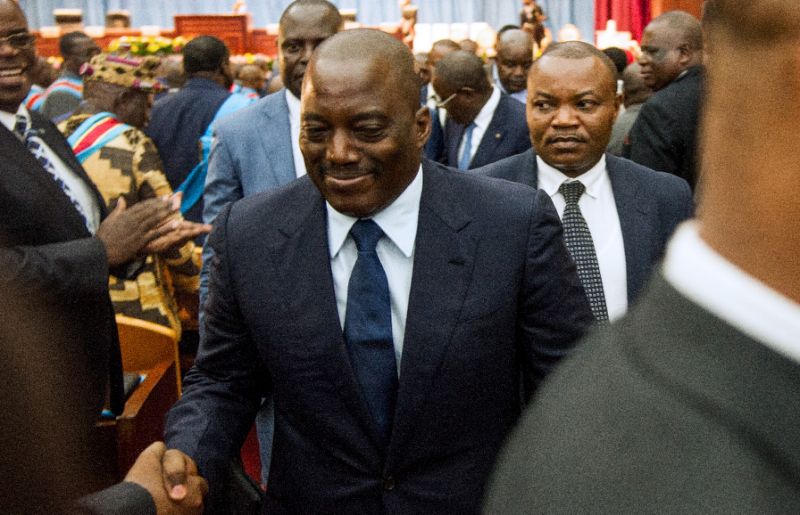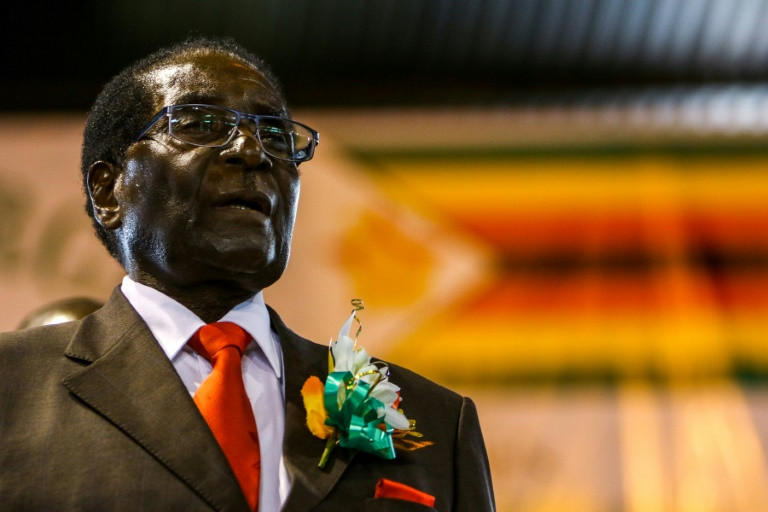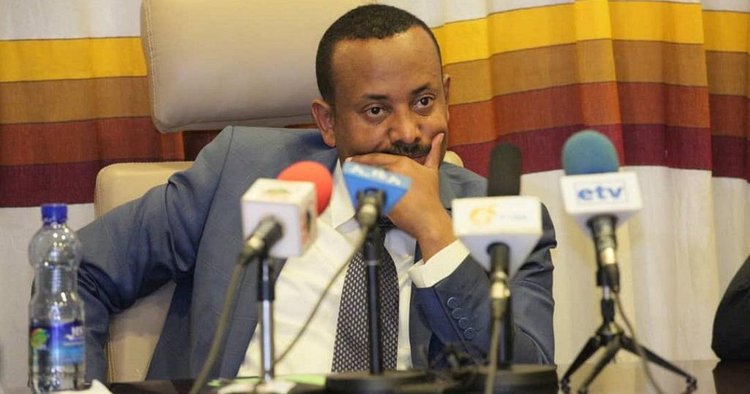Family of DR Congo leader Kabila built fortune:
President Joseph Kabila and his family in the Democratic Republic of Congo have created a personal economic empire worth hundreds of millions of dollars, the Bloomberg News agency reported Thursday.
"Together the Kabilas have built a network of businesses that reaches into every corner of Congo's economy and has brought hundreds of millions of dollars to the family," the US news agency said five days before Kabila's mandate to rule expires.
"The sprawling network may help explain why the president is ignoring pleas by the (United States), the European Union and a majority of the Congolese people to hand over power next week."
Bloomberg News stated that the report was based on a year-long investigation by three journalists into the Kabila family's business network in and beyond the mineral-rich yet dirt-poor central African country.
Backed by the Pulitzer Center on Crisis Reporting, the journalists carried out dozens of interviews in DR Congo, where Kabila came to power in wartime in 2001 after the assassination of his father by a bodyguard.
The young soldier was later elected twice, but his constitutional mandate expires on December 20, and the results of the last poll in 2011 were rejected by the opposition, while observers decried massive fraud.
Bloomberg News said the journalists had amassed "hundreds of thousands of pages of corporate documents that show that (Kabila's) wife, two children and eight of his siblings control more than 120 permits to dig gold, diamonds, copper, cobalt and other minerals."
The DRC was swept by two successive wars between 1996 and 2003, hard on the heels of three decades of kleptocratic dictatorship by Mobutu Sese Seko, who was long supported by the West as a regional ally.
- Family with a finger in every pie -
The vast country, about two-thirds the size of Western Europe, is known for tremendous wealth in minerals, yet 90 percent of the population lives on less than $1.5 (1.4 euros) a day, according to UN figures.
Though Kabila's final five-year term runs out next Tuesday, no date has been set for the next election and a contested ruling by the Constitutional Court allows him to stay in power until polls take place.
Dozens of people have been killed this year during opposition protests against the prolongation of Kabila's rule.
Since 2003, the Kabila family has established an international business network stretching across at least 70 companies operating in the United States, Panama, Tanzania and the tax haven of Nuie island in the South Pacific as well as in the DRC, according to Bloomberg News.
Apart from mining interests, "family members also have stakes in banks, farms, fuel distributors, airline operators, a road builder, hotels, a pharmaceutical supplier, travel agencies, boutiques and nightclubs," the report said.
Asked by AFP to comment on the report, Congolese government spokesman Lambert Mende said "You can't stop one of the president's relatives from being ambitious or owning property, let alone from doing business."
He said the report was yet another instance of the West's campaign to undermine his country.
Read more »





